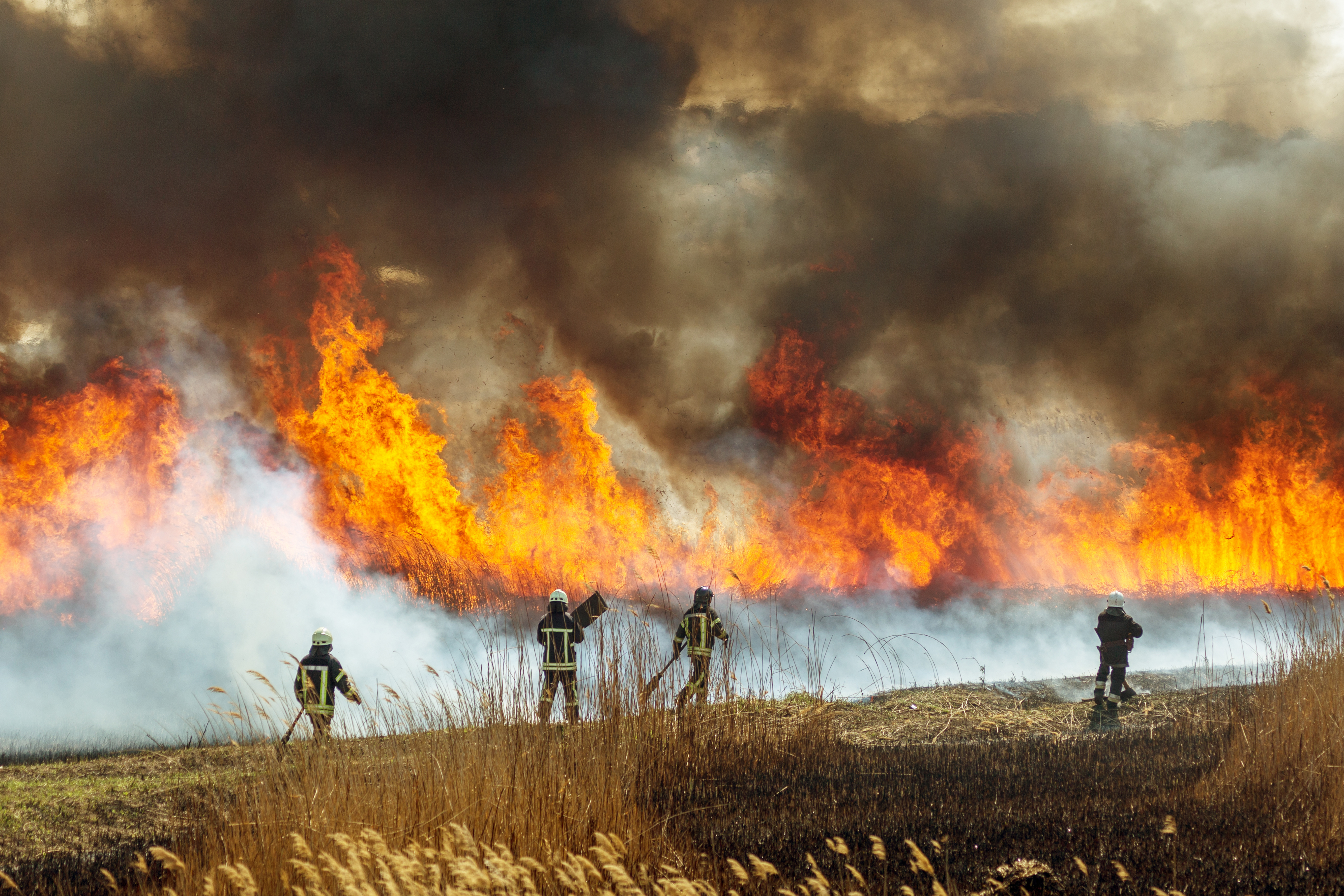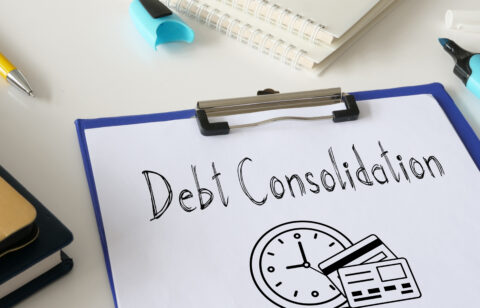The recent California wildfires have been devastating. Many people lost homes and jobs. Besides the danger and sadness, lots of victims are now facing major money problems.
We expect insurance to protect us during crises. Unfortunately, sometimes insurance doesn’t pay enough to fully rebuild. Worse, some insurance policies may not cover natural disasters.
It can feel very hard to start over when you’ve lost everything. You may have big gaps between insurance money and the costs needed to recover. Costs for temporary housing, essential goods, and rebuilding can add up fast. This can cause a lot of debt.
It’s normal to feel unsure how to move forward, but you don’t have to panic. This guide will help you figure out what to do first and how to get help if you end up in a bad financial situation
Focus on Safety First
1. Find Shelter, Food, and Water
If your home is damaged, the first thing to do is find a safe place to stay. You can:
- Contact local emergency services for help
- Contact the Red Cross or other relief groups
- Visit shelters to get food and water
2. Register with FEMA
FEMA gives important help to people hurt by disasters. Registering is key to getting grants for housing, repairs, and other needs. You can register online at DisasterAssistance.gov or by calling 1-800-621-FEMA (3362).
3. Document the Damage Thoroughly
Make careful notes on the damage, even if you’re not sure what insurance will cover. Take photos and videos of all damaged areas inside and outside your home. This will help with insurance claims, government assistance, and tax deductions for losses.
4. Secure Important Documents (If Possible)
If it is safe to do so, find and keep important papers. These include:
- IDs
- Insurance
- Financial records
- Medical information
Understand Your Insurance Coverage
1. Review Your Policy Carefully
Read your homeowners insurance policy carefully. Pay close attention to the parts about natural disasters, especially wildfires. Be sure you understand your policy limits and deductibles. Learn about any exclusions that apply. Write down any questions you have.
2. Contact Your Insurance Provider
When you call them, be sure to:
- Tell them about the damage
- Ask about the steps for making a claim
- Ask any questions that came up when you reviewed your policy
Keep records of all your talks with the insurance company. Include dates, times, and names of people you spoke with.
3. Prepare for Potential Claim Denials
Sometimes, insurance claims are denied or do not pay enough. Common reasons for this include:
- Underinsurance: Your policy may not cover the full cost to rebuild your home or replace your stuff.
- Specific Exclusions: Some policies do not cover certain types of wildfire damage.
- Policy Lapses: If you did not pay your insurance premiums, your policy may have ended.
What To Do if Your Claim Was Denied
Don’t give up if your claim isn’t what you expected. You have options. You can:
- Ask for a Written Explanation: Ask your insurance company to explain why your claim was denied or limited. This will help you understand their reasons. It will also help you find any mistakes.
- Make an Appeal: Most insurance companies have a way to appeal. If you think the denial was wrong, get more information to support your appeal. Follow the company’s specific steps for filing an appeal.
- Call a Public Adjuster: A public adjuster can help you with the claims process. They can explain your policy, document your losses, and negotiate with your insurance company.
- Get Legal Advice: If you think your claim was wrongly denied, talk to a lawyer who knows insurance law.
Financial Assistance Beyond Insurance Coverage
FEMA Disaster Assistance Programs
Registering with FEMA is important. FEMA offers different kinds of help, like:
- Grants for Essential Needs: These grants help pay for things like clothing, household items, and medical care.
- Home Repair or Replacement Assistance: These grants may not pay for everything, but they can help make your home livable.
- Other Needs Assistance: This can cover costs for childcare, transportation, and other disaster-related needs. Check the rules for each program carefully.
State and Local Government Programs
Many state and local governments also have disaster relief programs. These programs may give money, help with housing, or provide other resources. Check your state and local government websites for information. You can also contact your local emergency agency.
Nonprofit Organizations and Charities
Many nonprofits and charities help after disasters. Some groups focus on specific needs, like housing. Others give money or supplies. Examples include:
- The American Red Cross: They provide shelter, food, health services, and support.
- The Salvation Army: They offer food, shelter, money, and support to people hurt by disasters.
- Local Community Groups: Many local groups help their communities after a disaster. Look for groups in your area.
Addressing Potential Debt
Recovering after a disaster can cause money problems. Unexpected costs for housing, lost items, and rebuilding can lead to debt. If this happens, you need to know how deal with it.
If you have a lot of unsecured debt from the wildfires, or any natural disaster, look at different ways to manage it. Consider:
Another option is debt relief programs. These programs help you negotiate with creditors to pay less than what you owe. You can pay up to 30% less than what you owe and be debt-free in as little as 12-48 months.
Focusing on Long-Term Recovery
Recovery takes time. Once you are out of immediate danger, you can start focusing on things like:
- Developing a Financial Plan: Look at your current situation. Set goals. Make a budget to guide your spending.
- Prioritizing Mental Health: Take care of yourself, and get help if you need it. Talk to friends and family. Join support groups. See a therapist. It’s okay to ask for help.
- Practicing Self-Compassion: Rebuilding takes time, and there may be problems along the way. Be patient with yourself. Understand the challenges. Remember to celebrate small wins.
Conclusion: Moving Forward with Resilience and Hope
Recovering after a disaster is hard. It can be overwhelming to handle money issues when insurance doesn’t pay for everything. Remember that you are not alone. There are resources and support to help you rebuild. By taking action now, you can move forward with strength and hope.
Additional Support for Dealing with Debt
If you have new credit card debt or personal loan debt from the wildfires, know that there is help available. At National Debt Relief, we understand the financial stress caused by unexpected emergency expenses. We offer support to people with unsecured debt. If you are curious about your options, we’re here to help.







